Who Should Drink Kombucha?
We will briefly explain to you how much alcohol is in kombucha and how it is created. Who should be careful when consuming fermented tea drinks? Here you will find all the important information.
How does alcohol form in kombucha?
An alternative soft drink that contains alcohol? Even if it may sound contradictory, the whole thing is not that absurd. You just have to know how alcohol is produced and at what level alcohol can be really unhealthy. All fermented beverages contain some percentage of alcohol. This is created during fermentation. Put simply, the yeast of the kombucha mushroom starts eating up the sugar from the previously sweetened tea. The kombucha culture then produces ethanol and carbon dioxide. In the end, these ensure the sparkling carbonic acid in the kombucha. Sugar is therefore split into alcohol and carbon dioxide and the tea fungus can also form the many healthy acids and ingredients.
How much alcohol does kombucha contain?
First of all, it is important to understand that the duration and type of fermentation also affect the alcohol content in kombucha. It can contain up to 3% alcohol. Most of the time it is actually less. After 14 days of fermentation, the alcohol content is around 0.5 to 1 percent. Similar to an orange juice. Kombucha that has not been pasteurized and is constantly being fermented can vary in alcohol content. According to German food law, a drink with a maximum of 0.5% alcohol can be described as "non-alcoholic".


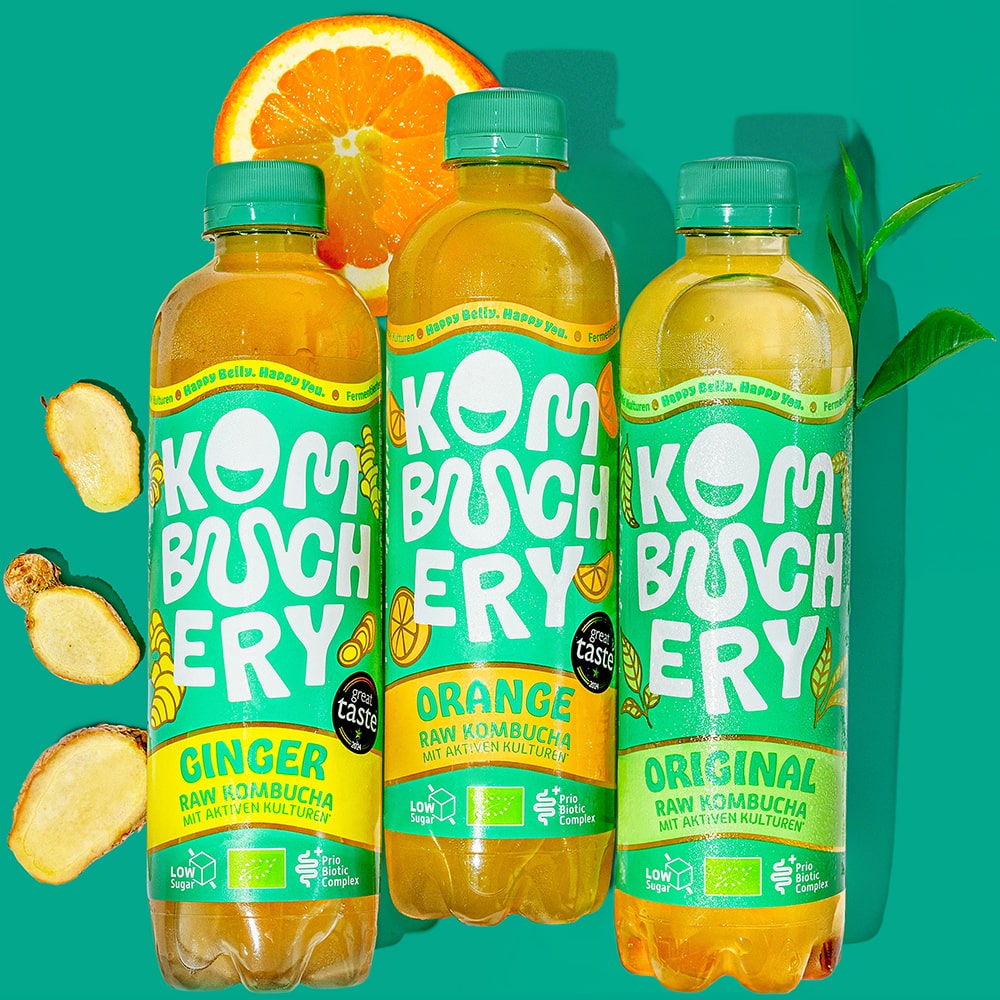
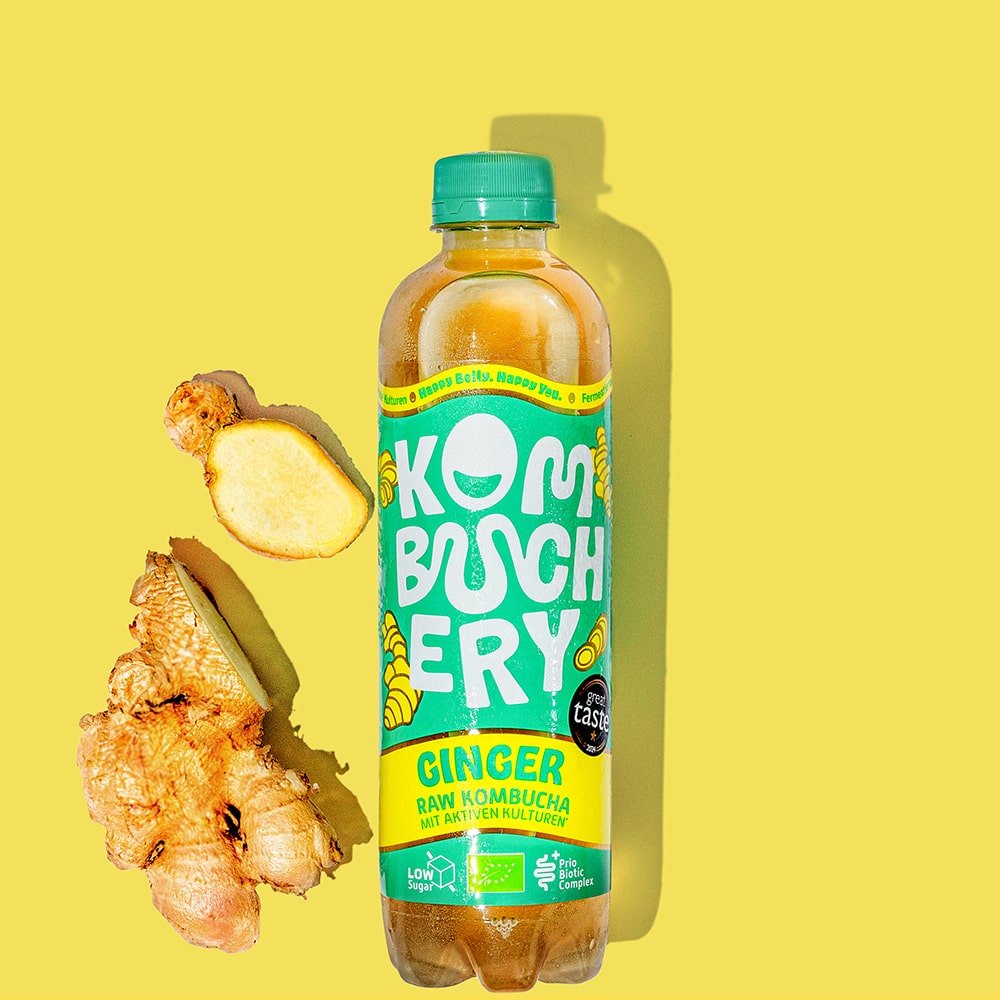
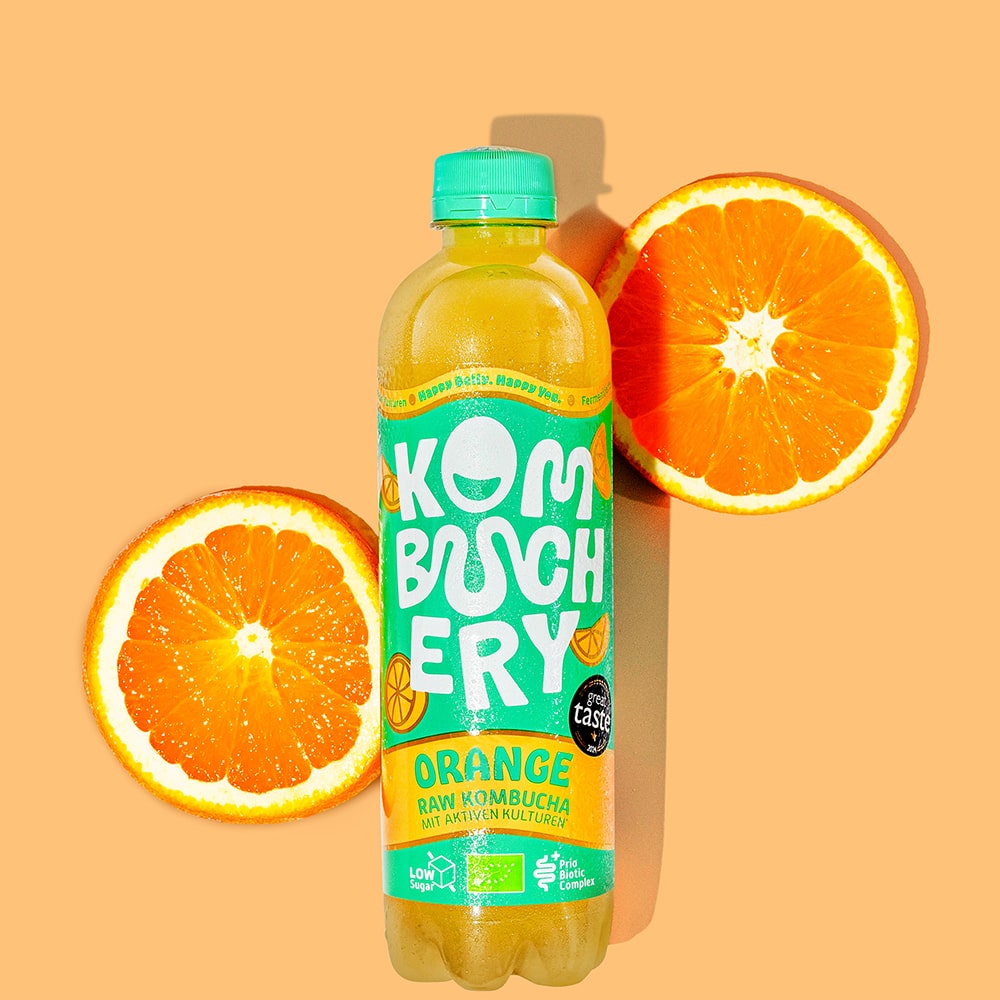
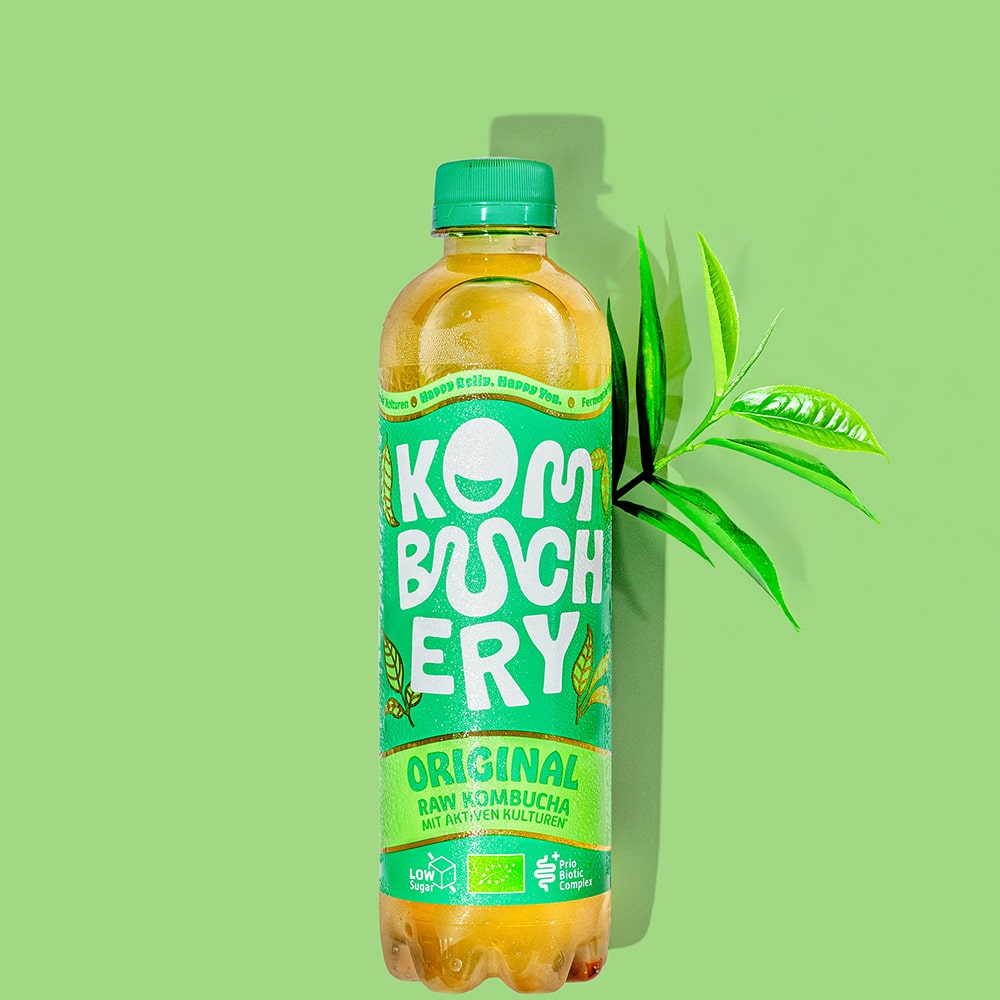
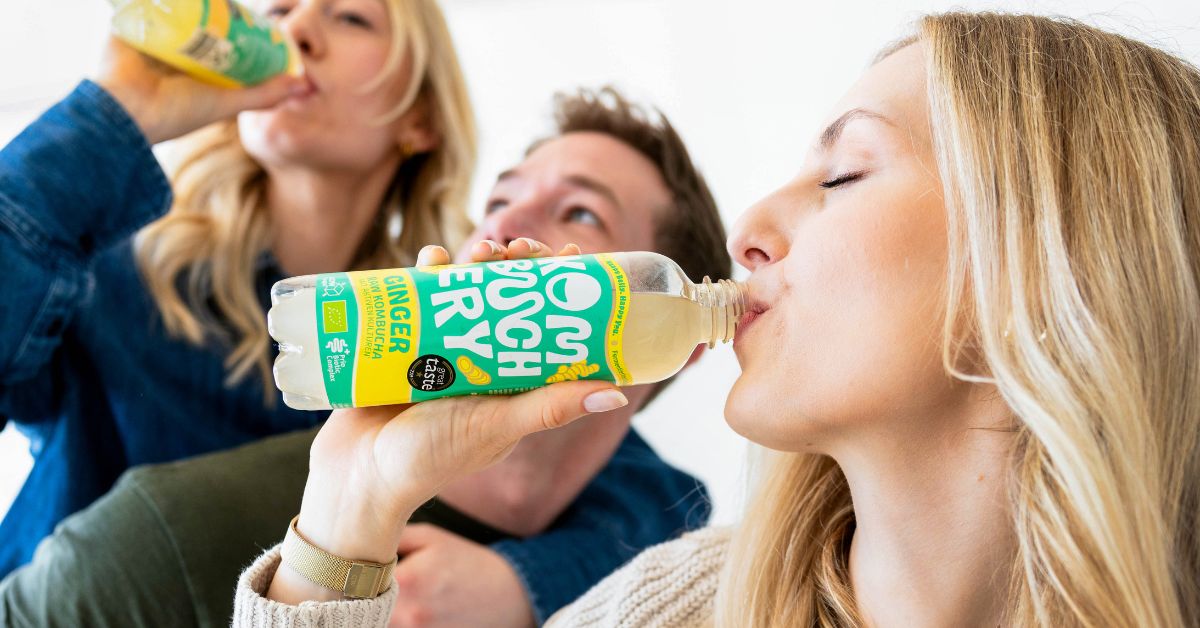
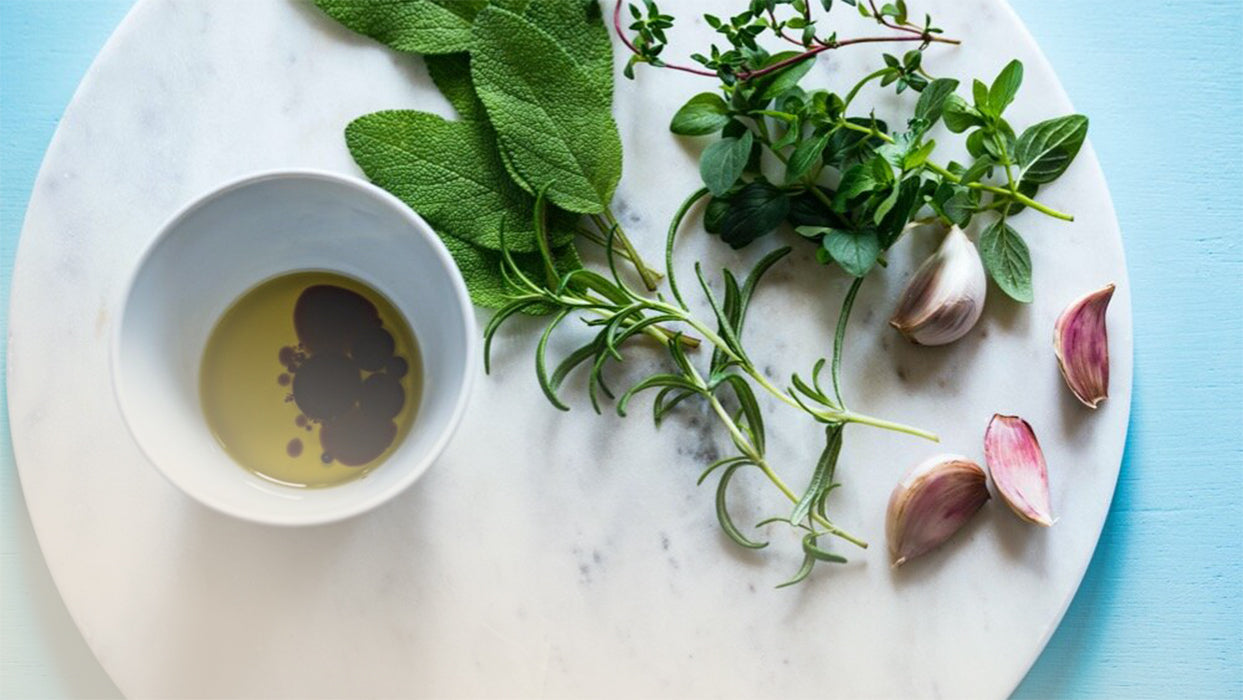

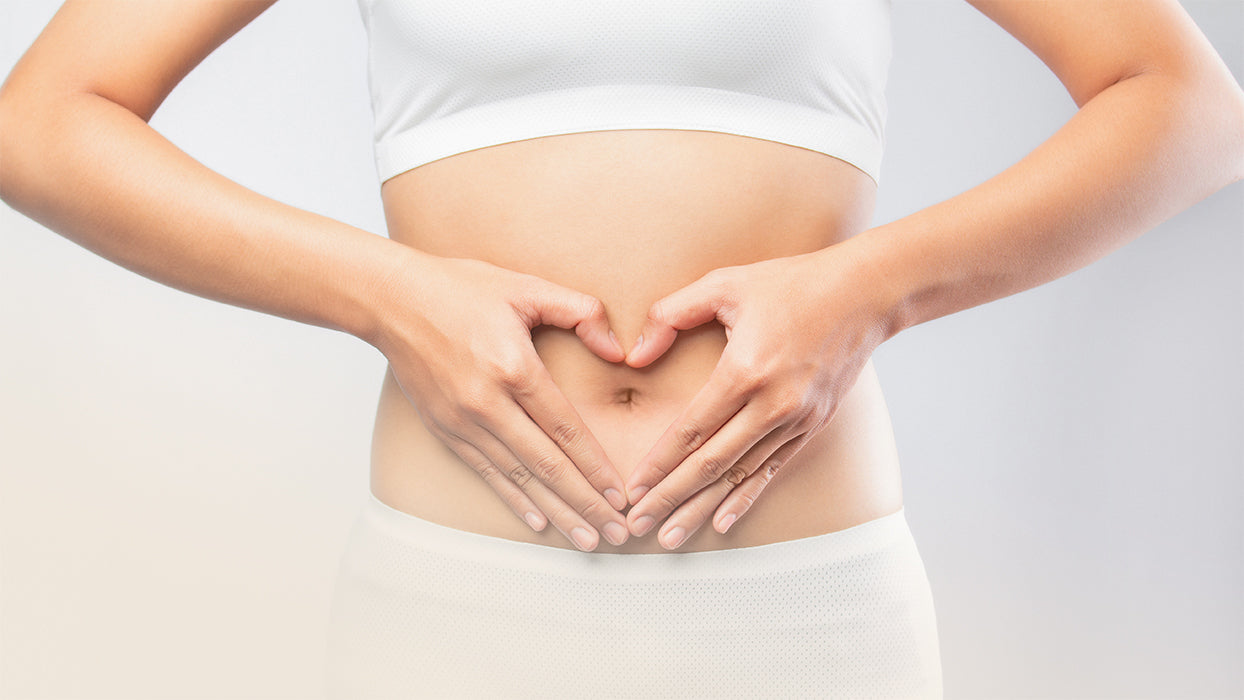
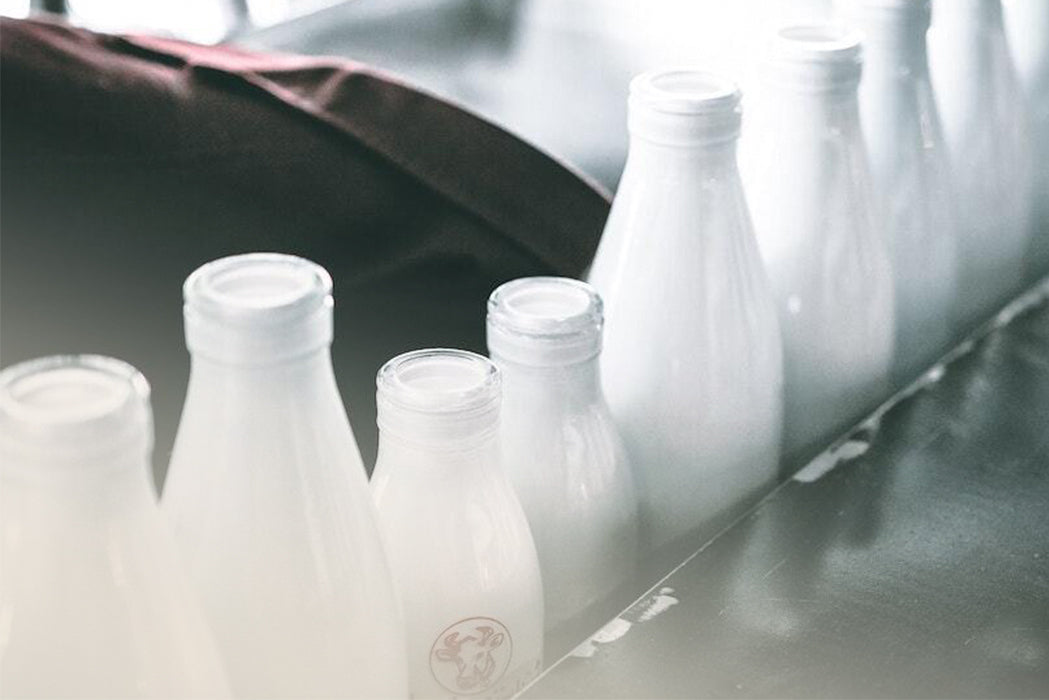
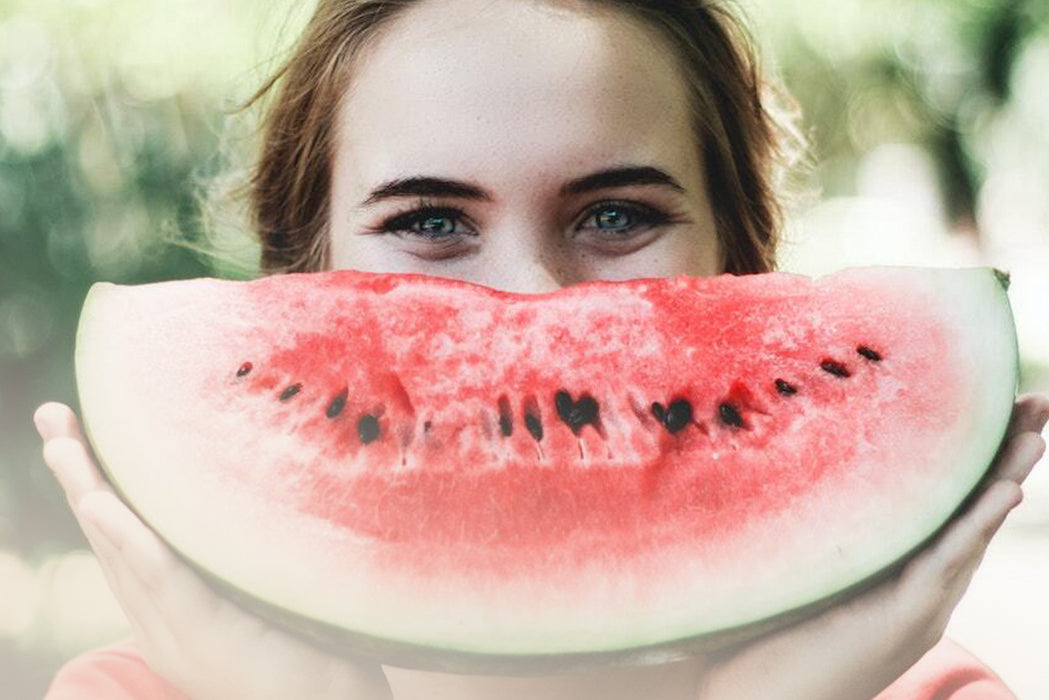
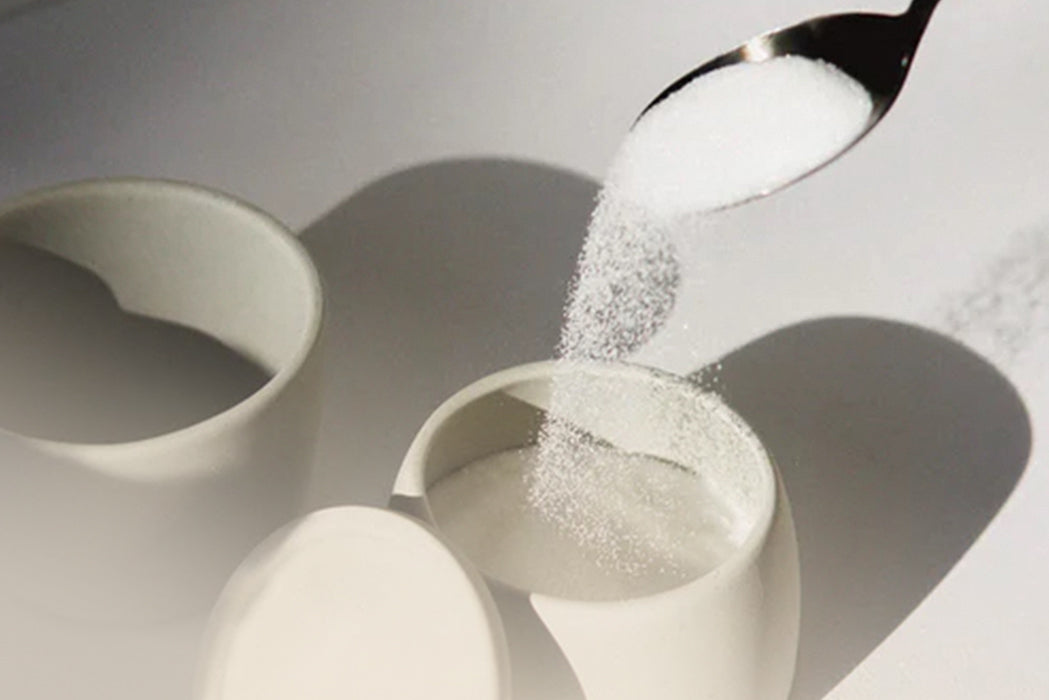
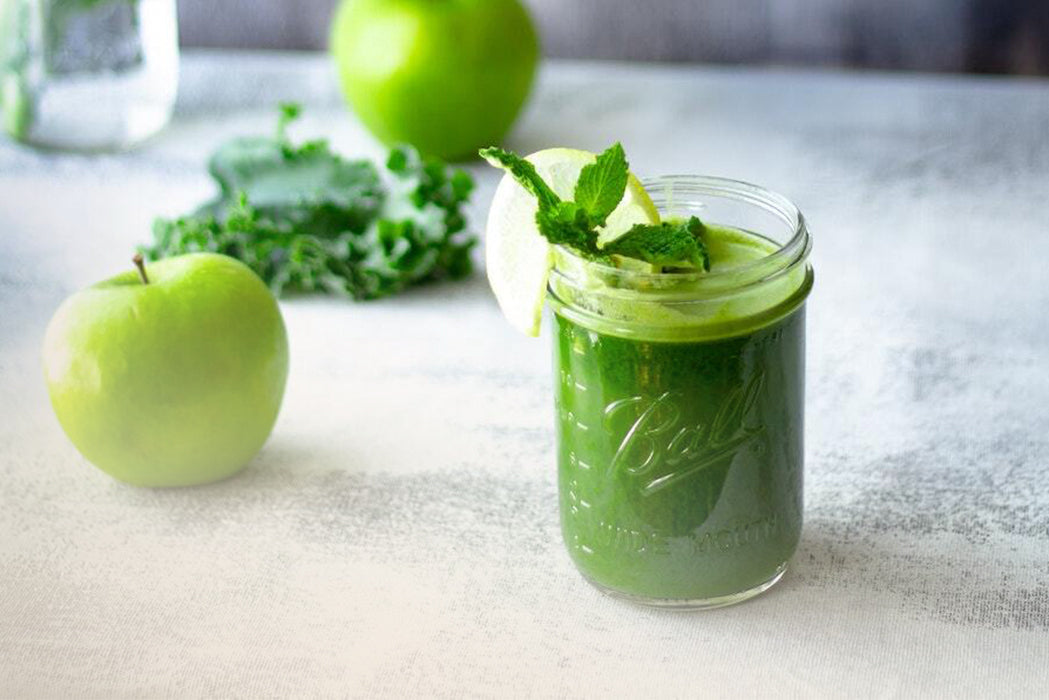
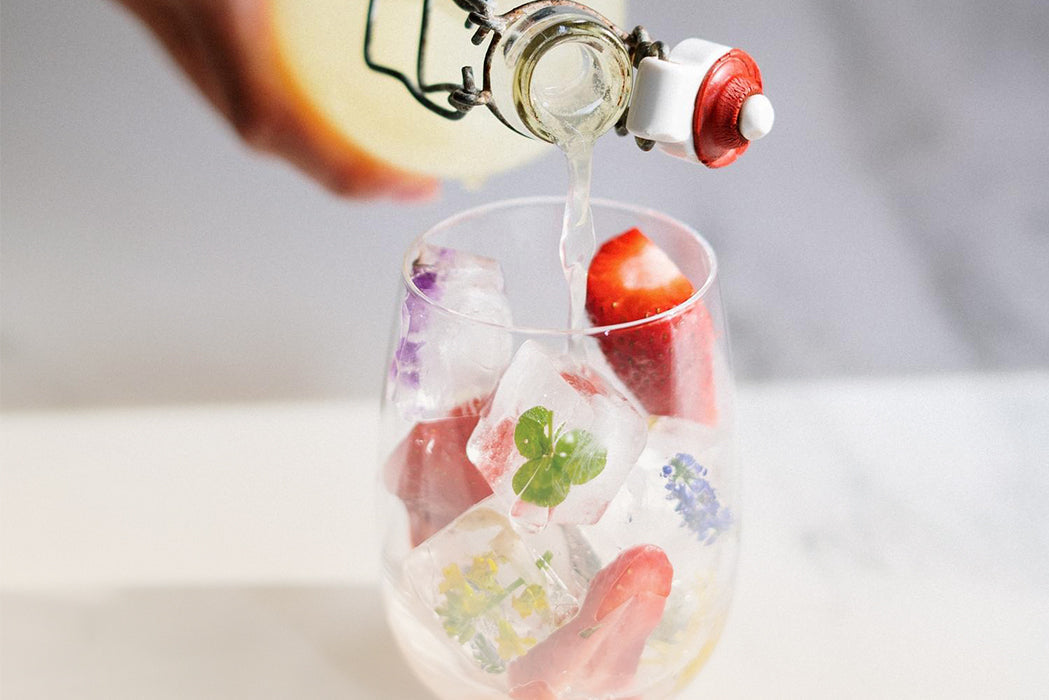
Split: